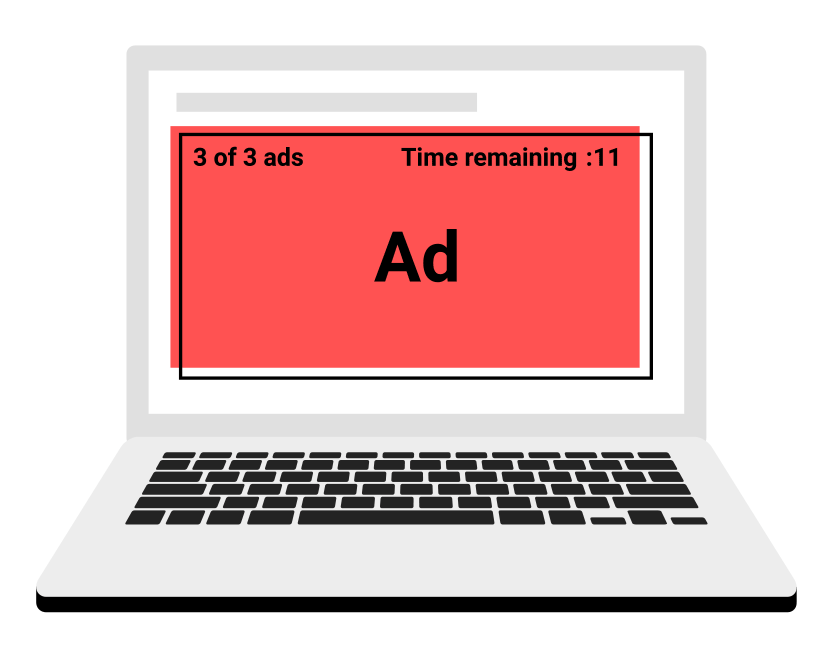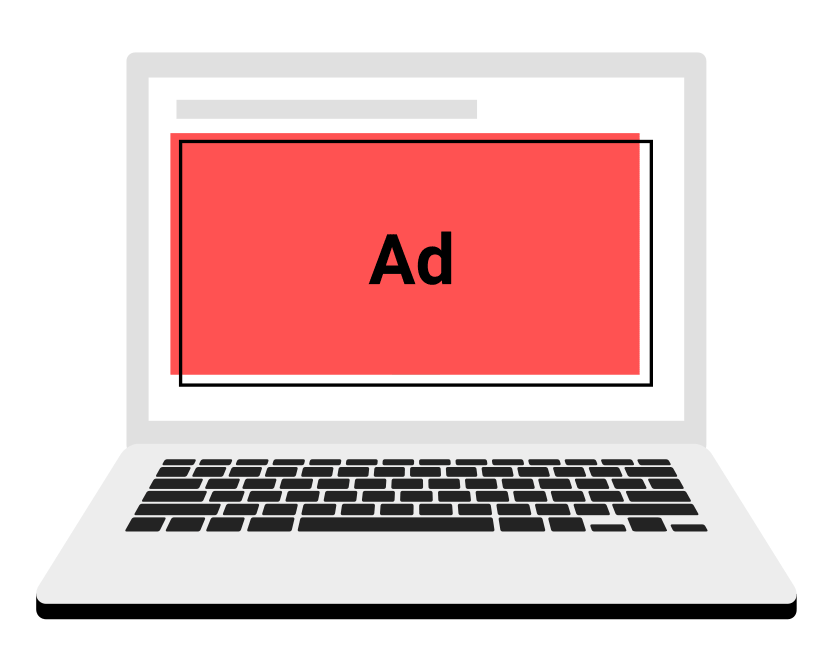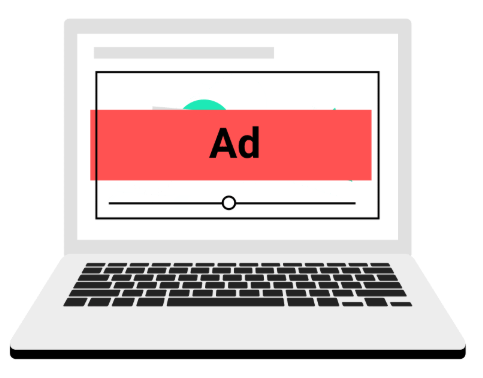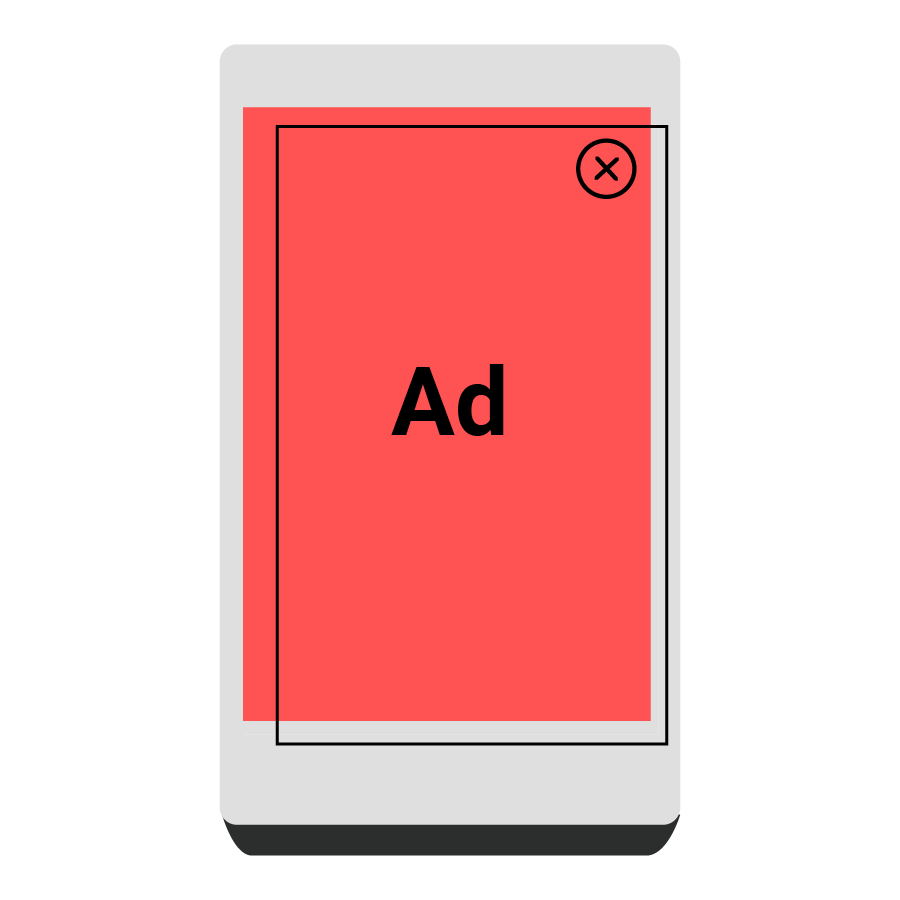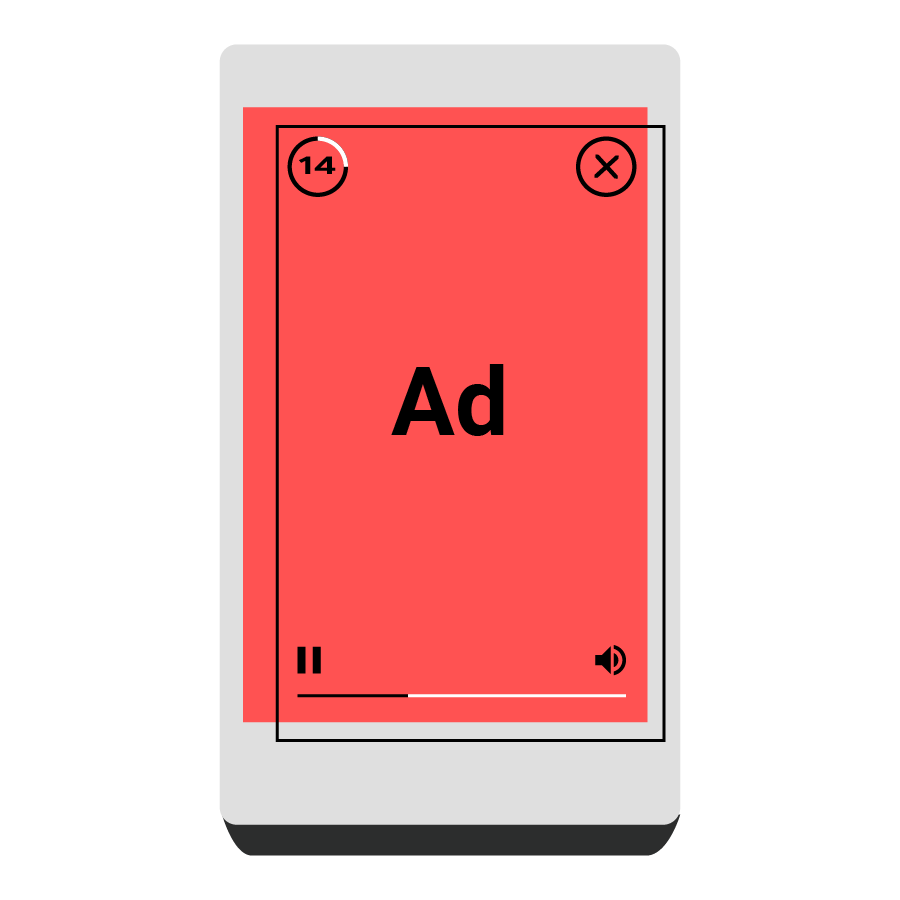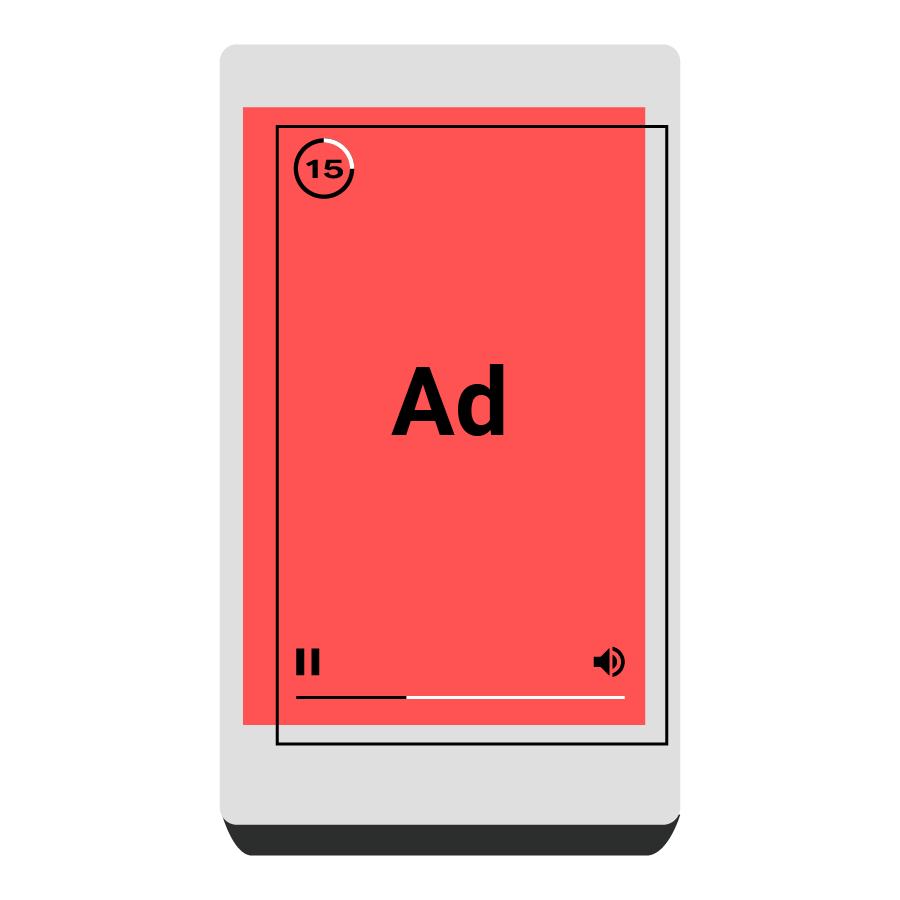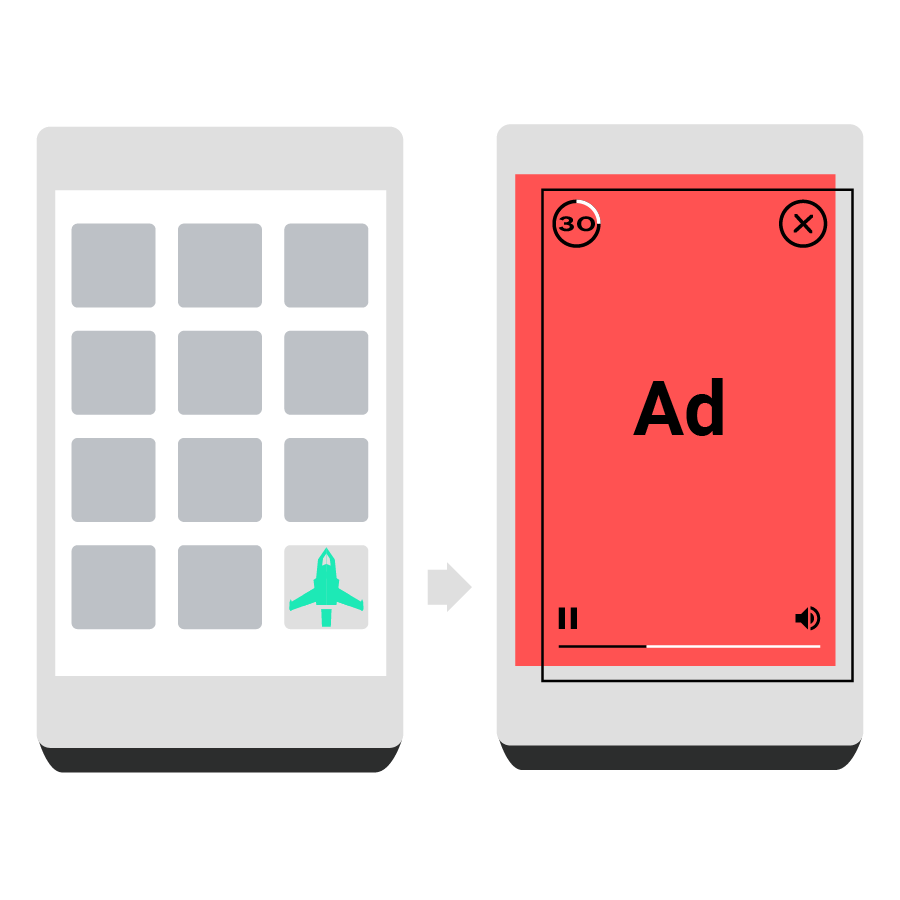On the ad-supported internet, there is an implied social contract between digital publishers and site visitors. In return for free or inexpensive content, visitors see advertising that supports the publisher’s ability to provide such content. This is not a new social contract. Newspapers, magazines, radio, and television all preceded the internet and other digital experiences in having similar ad-supported business models that have become customary over the years.
One of the novelties that the ad-supported model presents on the internet and other digital channels is the variety of ad experiences available to advertisers and publishers. While this allows for greater creativity, engagement, and contextual relevance in advertising, it also introduces the possibility that an ad experience might cross a line of intrusiveness, annoyance, or some other factor that consumers find too extreme. If a consumer encounters this on a single website, they may just decide to avoid that site in the future. If they instead determine that they are encountering experiences they deem outside of the social contract too frequently, they may adopt an ad blocker that removes or limits ads on not only sites with the offending ad experiences but on all sites.
To help the digital advertising industry further the social contract between consumers and publishers, the Coalition for Better Ads has engaged in extensive global consumer research to understand what ad experiences consumers consider to be within the social contract and which ad experiences drive them to ad avoidance behavior. The resulting Better Ads Standards indicate to publishers and advertisers the types of ad experiences that turn consumers away from the ad-supported digital experiences.
With every passing day, consumers become more digitally savvy. Awareness of tools that enable consumers to customize their digital experiences continues to grow. In this environment, the Better Ads Standards are a vital tool to guide the digital advertising industry toward strong relationships that produce desired business outcomes while respecting consumer ad experience preferences.
Desktop Web Experiences
Mobile Web Experiences
Mobile App Experiences
Many companies and industry trade bodies have adopted the Better Ads Standards including the World Federation of Advertisers via their Global Media Charter, IAB UK via their Gold Standard, and Unilever via their Premium Publisher Program. In addition, leading companies have integrated the Better Ads Standards into their policies including Google Chrome, Microsoft Edge, Opera, and a variety of ad exchanges and ad experience developers. To better understand how each of these organizations and companies have adopted the Better Ads Standards into their recommendations, policies, and/or operations, please refer to their documentation.
Regardless of where you and your organization fall in the digital advertising supply chain, it is more important than ever to understand the importance of the Better Ads Standards and utilize them to optimize your relationships with the visitors whose consumption of content and ads fuels the ad supported internet.
If you have questions about interpretation of the Better Ads Standards or about how to participate in the Better Ads Experience Program, please contact us with your questions and we will get back to you quickly with a response or set up a time to discuss your question in more detail.













